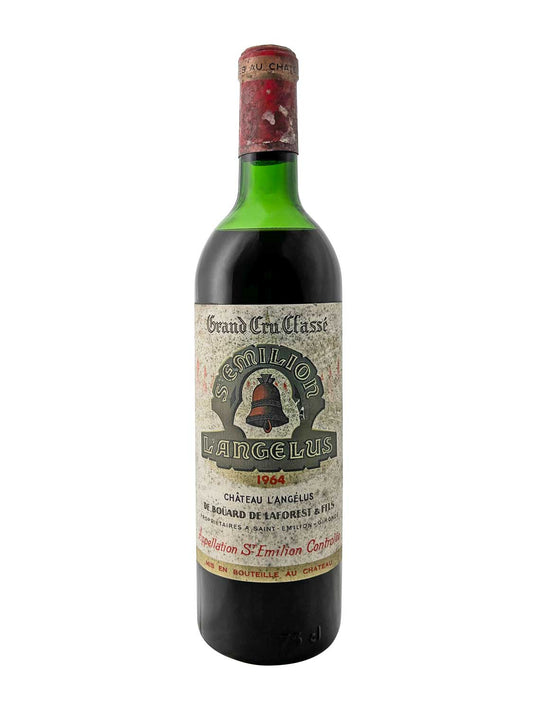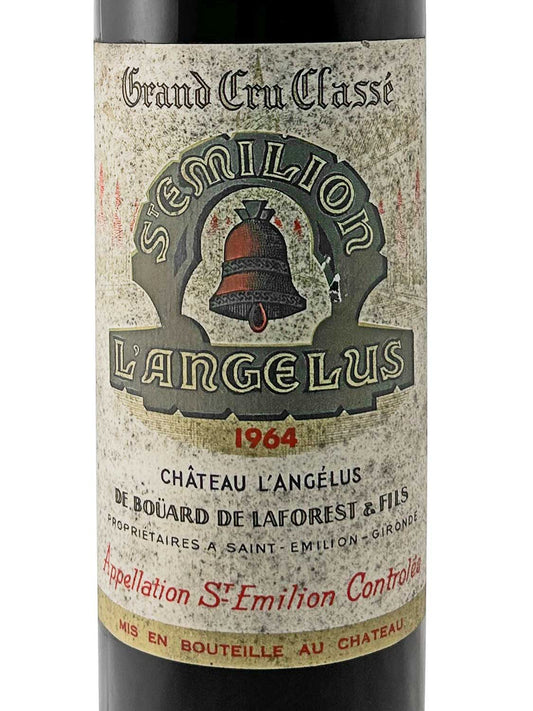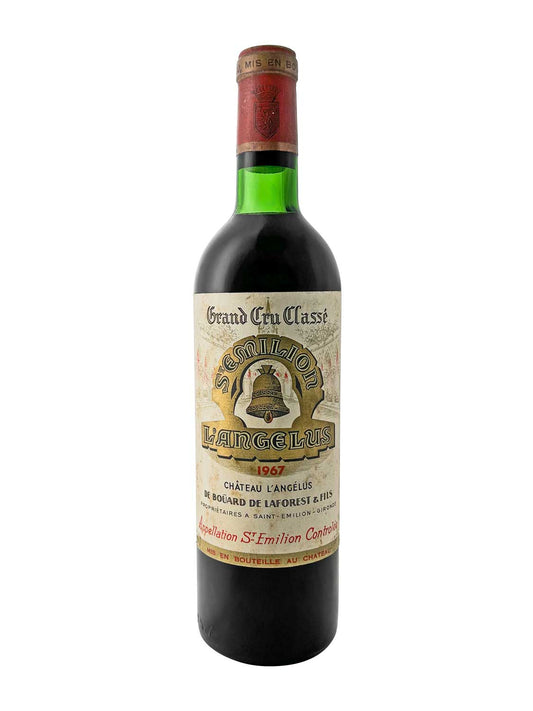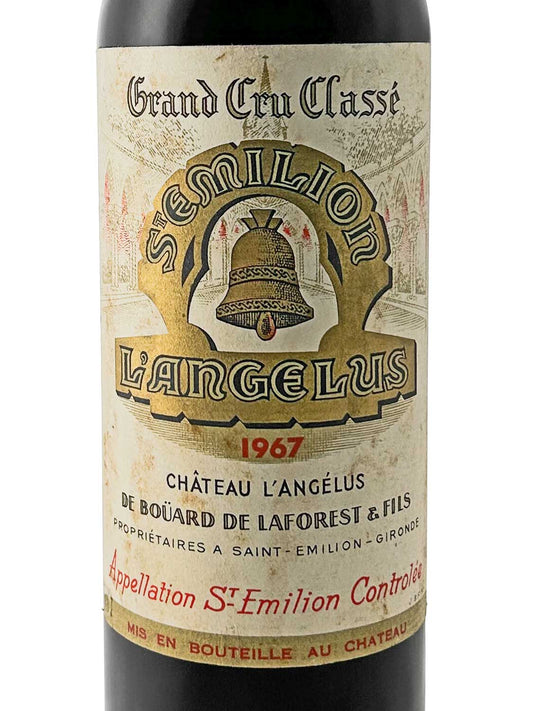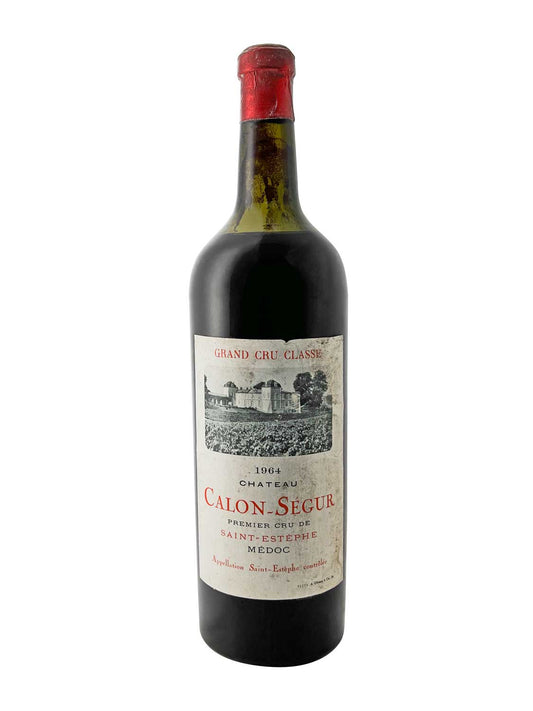
What is a négociant?
A look behind the scenes of the wine trade
In the world of wine, there are many terms and concepts that can often be confusing to outsiders. One of these terms is “négociant”. In this blog post, we will clarify what a négociant is, what role they play in the wine trade, and how they differ from other players in the wine industry.
1. Definition of a négociant
A négociant is a wine merchant or marketer who buys wines from various winemakers to market them under his own name. This practice is particularly common in France, where the négociant system has a long tradition. The term comes from French and literally means "merchant" or "trader".
Négociants can be large companies or smaller businesses. They play a crucial role in wine distribution by bringing together wines from different regions and producers, thus offering a wider range of products.
2. The role of the négociant in the wine trade
2.1 Purchasing and selection
A négociant buys grapes or already vinified wines from winegrowers. They often have close relationships with the producers and can therefore select high-quality grapes. This selection is crucial for the quality of the final products they sell.
2.2 Vinification
In many cases, the négociant also takes responsibility for vinification – the process of making wine. This may mean that they operate their own wineries or work with existing wineries to produce their wines.

2.3 Marketing and Sales
A key aspect of a négociant's job is the marketing of wines. They develop brand strategies, design labels and take care of distribution to retailers, restaurants and end consumers. Through their networks, they can place wines efficiently on the market.
3. Differences between négociants and winegrowers
There are some important differences between a négociant and a winemaker:
3.1 Origin of the grapes
Winegrowers grow their own grapes and are directly involved in the entire production process - from cultivation to bottling of the wine. A négociant, on the other hand, buys grapes or finished wines from various winegrowers.
3.2 Focus on diversity
Négociants often offer a wider variety of wines because they can combine products from different regions and producers. Winegrowers, on the other hand, usually focus on their own products.
3.3 Brand identity
While winemakers often develop a strong brand identity based on their own winery, a négociant may manage multiple brands under their umbrella, allowing them to appeal to different market segments.
4. The importance of négociants in the wine industry
Négociants play an important role in the global wine industry:
4.1 Access to markets
They allow smaller winemakers to access larger markets by distributing and marketing their products. This can be particularly beneficial for lesser-known producers who may not have the resources to sell on their own.
4.2 Quality control

Through their expertise in selection and vinification, négociants help to ensure a high quality of the wines they distribute.
4.3 Promoting regional identities
Négociants help to promote regional wine styles and thus promote interest in certain appellations or grape varieties.
5. Famous Négociants in France
France has a long list of well-known négociants who have a significant influence on the wine market:
Maison Louis Jadot : A renowned Burgundy négociant with a variety of high-quality wines.
Bouchard Père & Fils : Another respected Burgundy négociant with a history of over 250 years.
Château Mouton Rothschild : In addition to operating as a château, Mouton Rothschild also acts as a négociant for other high-quality Bordeaux wines.
Conclusion: The invisible heroes of the wine market
Négociants are essential players in the world of wine; they connect winemakers with consumers and help ensure that high-quality wines are available on the market. Their knowledge of growing regions, grape varieties and marketing strategies makes them important partners for many producers.
Although they often operate in the background, they play a crucial role in shaping the world's wine offering - one more reason to appreciate their contribution to the fascinating world of wine!

